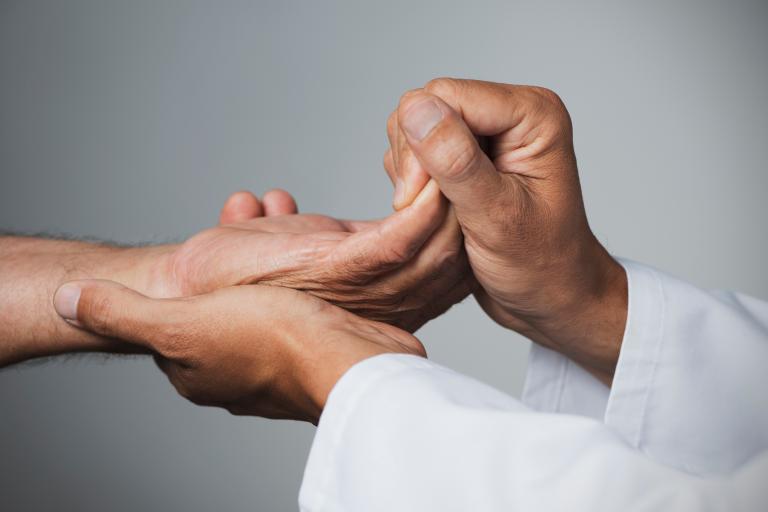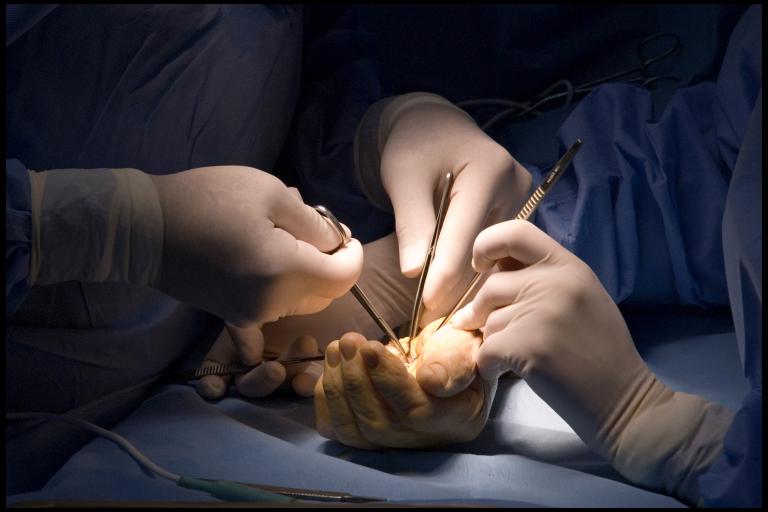Ideally, injury of the tendons that bend or straighten the fingers (flexor or extensor tendons respectively) are repaired by re-attaching the cut ends with strong sutures, followed by early active motion hand therapy. This will require a period of splinting to allow for appropriate recovery of tendon strength and movement. You may be unable to drive during this period.
Not all cases allow for direct repair of flexor tendon injury. This can be due to delay in diagnosis or treatment or other factors such as associated injury to skin cover or bone. In these cases, a one- or two-stage tendon reconstruction is required.
Also, after any tendon surgery, range of motion can be reduced due to scar tissue keeping the tendons from gliding. If maximal hand therapy efforts did not yield any further improvement in motion, a release of the tendon from scar tissue (tenolysis) may be the best option.
Before, in between and after the operations, ongoing hand therapy is essential to obtain or maintain a good result.
Tendons are the extensions of muscles in the forearms. Muscles pull on the tendons to move joints in the hand and wrist. For different reasons, a muscle or a group of muscles may have lost their ability to contract resulting in loss of active movement.
In selected cases, attaching a tendon connected to a functioning muscle to a tendon of a muscle that doesn’t work, can restore function. This procedure is called a tendon transfer.
Of course, only muscles and tendons that have an “expendable” function will be used to restore another.
